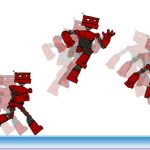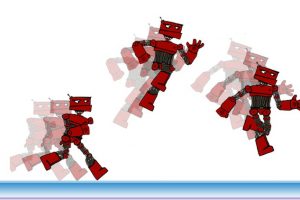SQL Development with MS SQL Server Beginner to Master
Learn SQL (Structured Query Language) with MS SQL Server and T-SQL from Mac, Linux, or Windows!
What you’ll learn
SQL Development with MS SQL Server Beginner to Master
- Understand and write SQL queries to interact with databases
- Summarize and analyze data with powerful SQL query techniques
- Build stored procedures to create and dynamically access production-level datasets
- Understand how SQL Indexes work and what they do to improve query performance
Requirements
- Must have basic computer skills, and a desire to learn SQL
- Must have a computer to follow the course on
Description
Learn how to understand and effectively write SQL Queries to interact with databases and build powerful datasets.
The whole course only uses resources that are available to all operating systems so that you can follow along from Windows, Linux, or MacOS.
Learning Path:
There are 3 different levels you will go through in your journey to becoming a SQL Query Writing Expert.
The learning objectives below outline what you will learn and be able to do and understand at the end of each section.
- Basics
- Create resources
- View, add, and delete data stored in database tables
- Filter, sort, summarize, and aggregate data from tables
- Intermediate
- Use built-in SQL Functions to transform and format data
- Combine data from different tables
- Return dynamic results with case statements and type casting
- Advanced
- Create indexes and understand how they work
- Use window functions to access data from other rows in the dataset
- Store query logic inside of stored procedures and access them with dynamic filters
- Improve query performance with temporary tables and nested queries
If you are new to programming, or just new to SQL you will get a floor-up explanation of everything you need to know to write clean and powerful SQL Queries and Datasets for Applications, Reporting, or Data Analysis.
If you already know some SQL, you will get explanations of how things work that will lead to a strong understanding of complex topics and a great reference for anything new to you!
By the end of the course, your SQL toolbox will be full of great tools to transform, manage, and read data using Structured Query Language.
Who this course is for:
- Anyone who wants to learn about SQL (Structured Query Language)
- Anyone interested in building datasets for Data Analysis, Reporting, or data warehouse management
- Anyone Interested in persistent data storage for application development









